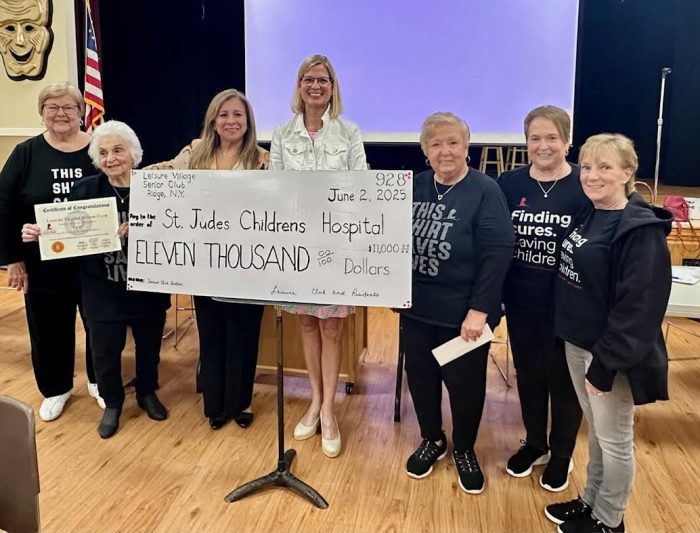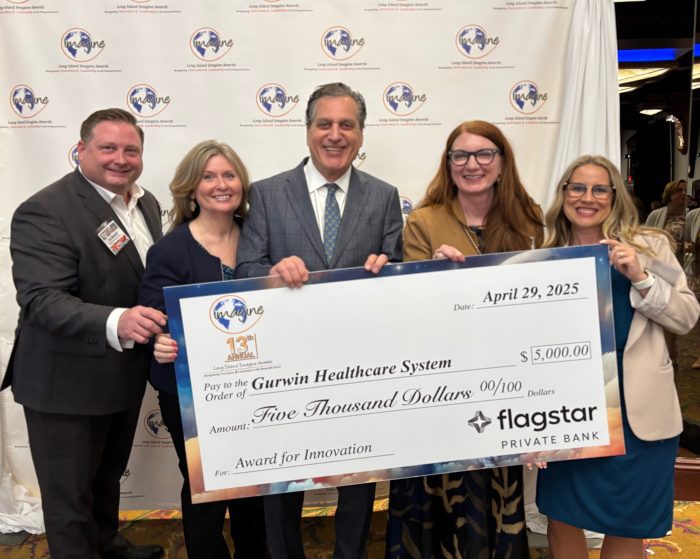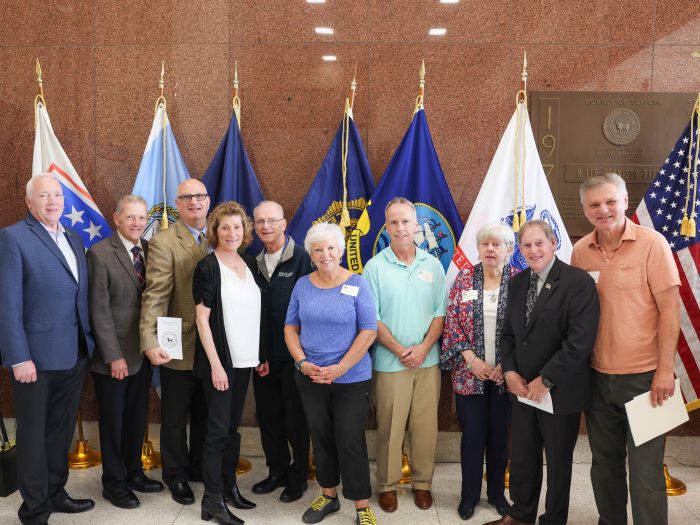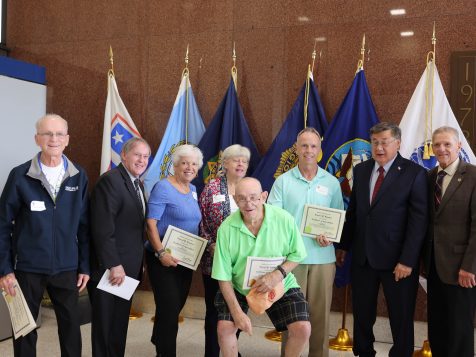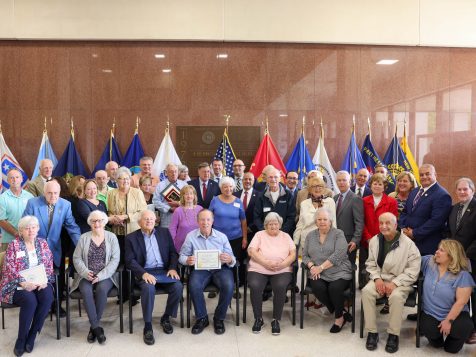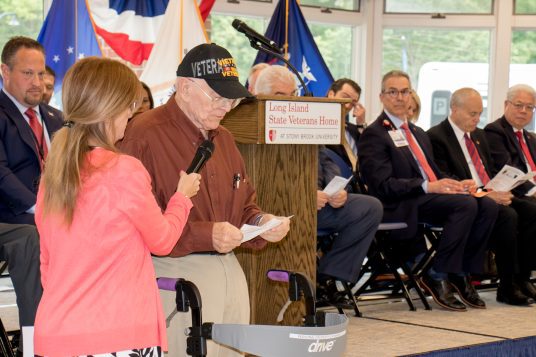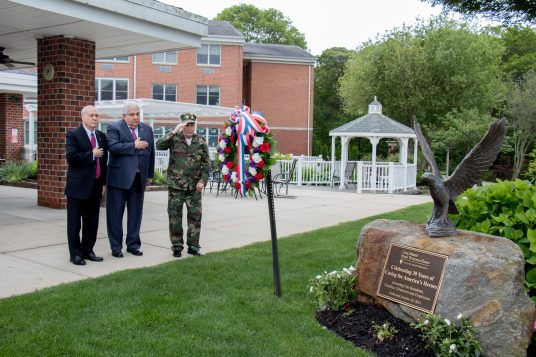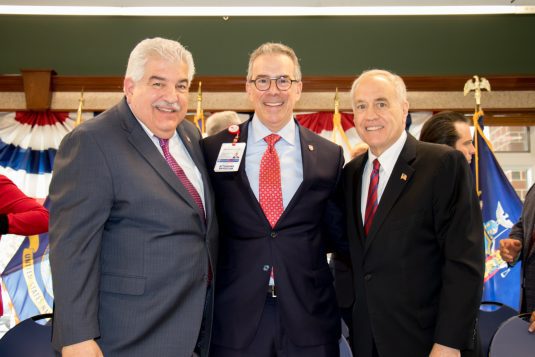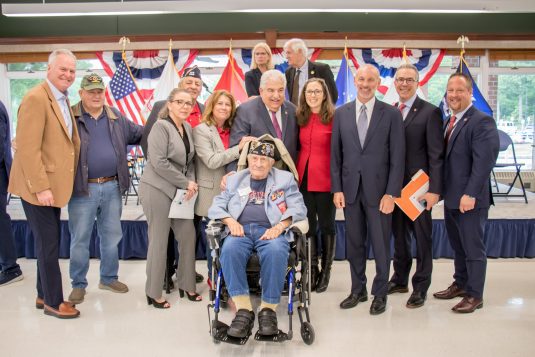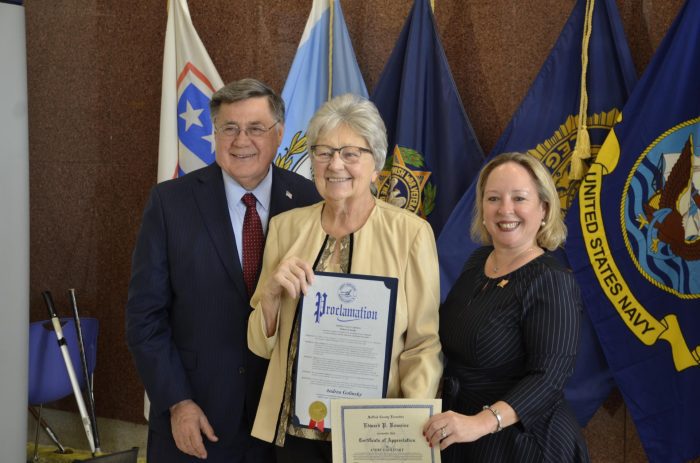With the National Weather Service issuing a Heat Advisory through Tuesday, June 25 at 8 p.m., Town of Smithtown officials are taking proactive steps to ensure the safety and comfort of residents during the extreme weather.
On Monday, June 23, the Smithtown Senior Center will operate as a designated Cooling Center. Supervisor Ed Wehrheim, in coordination with the Department of Public Safety and key support staff, have made special arrangements to open the facility to residents in need of relief from the heat. Residents who would like to utilize the cooling center are encouraged to call (631) 360-7553 to make arrangements.
In addition, all Town beaches and water parks will remain open until 8 p.md. Although the Landing Country Club pool was originally scheduled to open to the public this weekend, Supervisor Wehrheim—with the full support of the Town Council—has made an executive decision to open the pool early and extend its hours until 8 p.m. on June 23.
“It’s going to be a hot and humid few days. We want to ensure the health and quality of life for everyone, especially our most vulnerable residents. It is with this in mind, that our Public Safety Department has made special arrangements to make sure our seniors have a cool place to come to. Additionally, families can take advantage of extra hours at the beach, pool and in our splash parks located all around town. A special thanks to our Public Safety Chief, Thomas J. Lohmann, our Senior Center Director, Doreen Perrino, Our Parks Director Joe Arico, Recreation Director Brandon Brandon Modrov and the support staff from these departments for dropping everything to ensure this dog day of Summer is cool and comfortable for all of our residents,” said Smihtown Town Supervisor Ed Wehrheim.
Seniors can make arrangements ahead of time by contacting the Smithtown Department of Public Safety today at 631-360-7553. Residents are asked to check on elderly neighbors and pass along this information.


